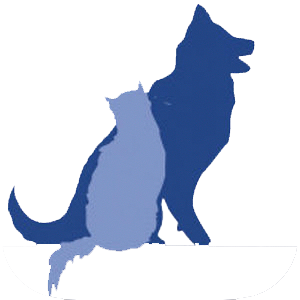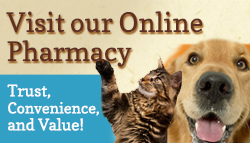Surgical Services
We perform a wide range of surgeries including, but not limited to:
- spay (ovariohysterectomy)
- neuter (castration)
- lump removal
- intestinal surgery
- bladder surgery
- eyelid surgery
- ear surgery
- anal gland surgery
- fracture repair surgery
- wound repair surgery
- cancer treatment
We utilize the safest, modern anesthetic agents with multiparameter monitoring by the surgical team and state of the art monitoring equipment. Appropriate pain medication and warming beds are used to keep our surgical patients as stable and comfortable as possible. Electrocautery or cryosurgical units are utilized when appropriate.
All surgery patients are admitted and discharged by appointment with a veterinary technician, so that we can answer any questions or concerns you may have about the procedure.
What happens when you bring your pet in for surgery?
Procedure for surgical patients:
1. You will receive a reminder phone call at least 24 hours in advance of your pet's surgery to remind you of the time of drop off and any restrictions on food/water recommended by the doctor.
2. When you arrive in the morning with your pet you will be asked to fill out a short form with contact information for the day, in case we need to reach you for any reason while your pet is hospitalized.
3. You will meet briefly with a veterinary technician who will answer any questions you may have about the surgery.
4. Prior to anesthesia, depending on the age and health of your pet, we may run some screening blood tests to determine if your pet is healthy enough for anesthesia.
5. Once hospitalized, your pet will be given some mild preanesthetic sedation and placed in a kennel or run until time for surgery.
6. Anesthesia is induced using a fast acting intravenous medication. Once the animal is relaxed, an endotracheal tube is placed in the windpipe and gas anesthesia is used to keep them asleep during the procedure.
7. Once the procedure is finished, your pet will be monitored continuously until they are able to swallow on their own and we are able to remove the endotracheal tube.
8. Your pet will be given pain medication and placed in a cage to recover then checked repeatedly throughout the day.
9. If this is an overnight procedure, your pet will be walked and fed in the afternoon.
10. The hospital is not staffed overnight, but we leave pets in the hospital overnight only if we feel they are safe and stable. If your pet’s condition is not stable, we will refer you to the Capital District Animal Emergency Clinic for overnight care.
11. Overnight patients are examined in the morning and receive a quick clean-up bath before going home.
12. All discharge appointments are done by a veterinary assistant, to allow for proper post-operative instructions and to allow you to ask any follow up questions you may have.

